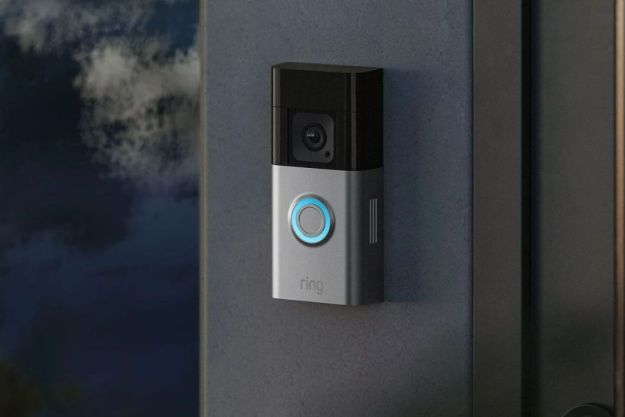Touting its new offering as a “virtual living room,” long-standing Internet portal Lycos has introduced Lycos Cinema, aiming to capitalize on the Internet’s current online video, social networking, and online chat booms. A pre-launch version of the service is online now, with enhancements expected throughout the remainder of 2006.
In case you aren’t familiar with Lycos, it was one of the major Internet portals and search engines of the initial dotcom boom, competing with Netscape, Yahoo, and Google for a slice of the Internet pie. Despite being purchased for some $12 billion by Terra Networks in 2000, Lycos has largely faded from view—but unlike many other dotcom-era front-runners, it’s still kicking.
The basic idea behind Lycos Cinema is that users can simultaneously watch broadband video—complete movies, not just 10-minute YouTube clips—and talk about them with other views in real time as they watch. A proprietary technology makes sure video playback is synchronized for all a video’s online viewers; Lycos likens the technology to techniques which keep events in MMORPGs synchronized. Interacting users all share a “viewing room” for a movie.
Right now, Lycos Cinema isn’t open to everyone: the pre-launch is only available to Windows users with IE6 or 7, Windows Media Player 10, and Adobe Flash Player 8. And the initial selection of films is quite limited, with roughly 1,000 relatively unknown films having been licensed, with another 3,000 or so on the way. Lycos says its in negotiations to add more films, and plans later this year to introduce capabilities for users to upload their own videos, a la YouTube. Lycos also hopes to offer purchase and rental of movies, and include television programming in Lycos Cinema offerings.
Does the world really need a way for multiple users to watch a video and text-chat about it? Although the service does combine online video and social networking technologies, as a general service it may have trouble finding the momentum to become “event computing,” wherein users coordinate their schedules to use the service simultaneously. However, the technology may be far more interesting to other online businesses, such as music labels, movie studios, online dating services, and video game portals. Ultimately, licensing the technology may be Lycos’ aim, since the company was acquired two years ago by Korea’s Daum Communications for $95 million.
Editors' Recommendations
- Blink sale: Up to 42% off home security cameras and video doorbells
- Ring Battery Doorbell Pro vs. Aqara G4: Which is the better video doorbell?
- Usually $130, this Arlo wired video doorbell is on sale for $50
- Ring Video Doorbell buying guide: Which is best for you?
- How to install a Ring Video Doorbell at your home or office

